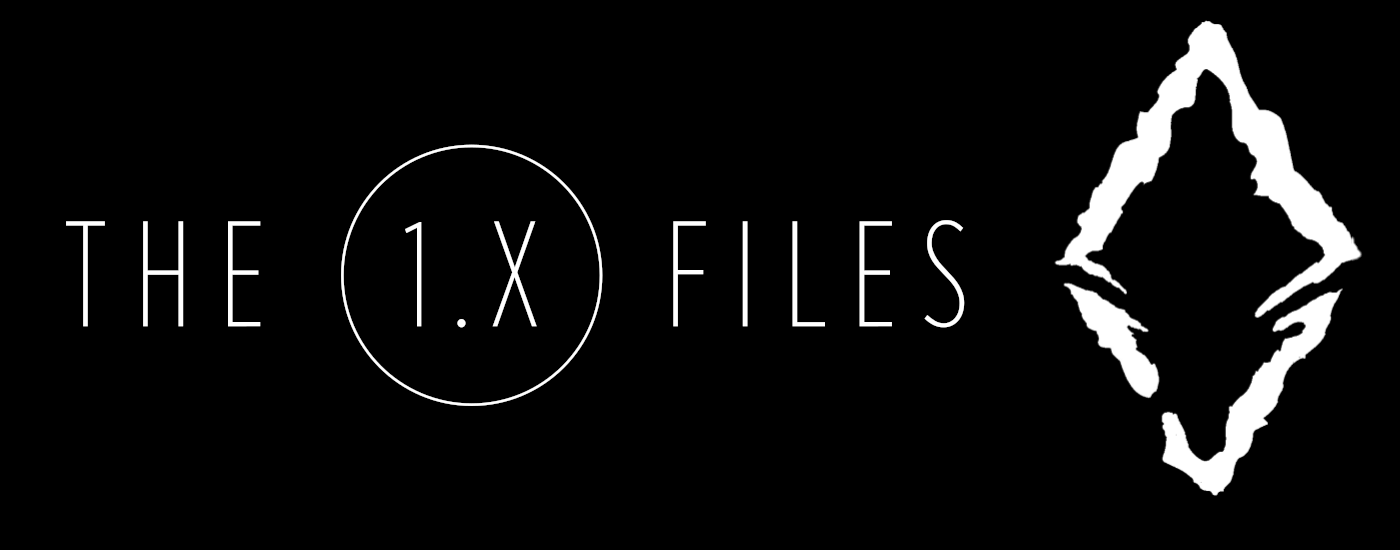Vitalik Buterin criticizes Bitcoin’s block size war and calls for innovation.


Ethereum co-founder Vitalik Buterin detailed the Bitcoin block size war, a major conflict that took place within the Bitcoin community from 2015 to 2017. The debate centered on whether to increase Bitcoin’s block size limit from 1MB to 1MB. By accepting more transactions, fees are reduced and effectiveness as a payment system is increased.
Buterin, who experienced the block size war firsthand, initially sympathized with the ‘big blocker’. The group advocated for larger blocks to keep transaction fees low while maintaining Bitcoin’s role as digital cash. They argued that Bitcoin’s original vision, as outlined in the white paper, was to serve as a peer-to-peer electronic cash system. Big blockers believed that increasing block sizes was essential to prevent high fees from undermining this use case. They also referenced an article by Satoshi Nakamoto, which suggested that larger blocks could be managed through hard forks for simplified payment confirmation and increased block size.
Conversely, “small blockers” have prioritized keeping Bitcoin decentralized and secure. They argued that the larger the block, the more difficult and expensive it is for an individual to run a node, potentially centralizing control among several large entities. Small blockers were concerned that frequent and significant changes to the protocol, primarily through hard forks, could undermine Bitcoin’s stability and governance model. They believed that Bitcoin should remain a decentralized store of value, similar to digital gold, rather than focusing on a payment system.
Buterin’s thoughts reveal a nuanced understanding of both sides. He believed that big blockers were right in that they needed larger blocks to keep fees low, but acknowledged that they often lacked the technical capacity to implement the solution effectively. He disagreed with realistic limits on block size growth and criticized big blockers for technical mistakes, such as the poorly executed Bitcoin Classic and Bitcoin Unlimited projects. These projects were marred by security vulnerabilities and overly complex implementations, ultimately discrediting the big block movement.
Buterin, on the other hand, found small blockers’ approach to governance and protocol changes to be overly conservative. He disagreed with their strict stance on hard forks and reliance on soft forks, which he considered unnecessarily complicated. He also criticized small-scale disruptors for calling for social media censorship and excluding dissenting voices, thereby hindering open debate within the community.
Assessing the long-term impact, Buterin highlighted a recurring problem in political and organizational conflicts: the ‘one-sided capabilities trap’, where one side monopolizes capabilities but fails to take broader perspectives into account. This dynamic of bloc-scale warfare impedes constructive dialogue and progress. “Smart people want to work with other smart people,” Buterin said, emphasizing the importance of a balanced and inclusive approach to avoid such pitfalls.
Buterin also criticized the lack of technical foresight in the debate, noting the lack of discussion of zero-knowledge proofs (ZK-SNARKs), which could provide scalable solutions. He advocated for continued innovation to address scalability and governance issues, arguing that “it is new technologies, not compromises, that will ultimately diffuse political tensions.”
Looking back on Ethereum’s evolution, Buterin noted how lessons learned from Bitcoin’s block size wars have influenced Ethereum’s emphasis on client diversity and scalable layer 2 solutions. He emphasized the importance of learning from past conflicts to build more resilient and pluralistic digital communities. “Ethereum’s overt attempt to foster a pluralistic ecosystem is largely an attempt to avoid the unilateral competency trap,” he concluded, emphasizing the value of inclusive governance and technological advancement.
Buterin’s views highlight the broader implications of the block size war for the cryptocurrency community. He sees this as a cautionary tale about the dangers of one-sided competency traps. One faction has a monopoly on technical expertise but pushes a narrow agenda, while the opposition fails to develop the technology needed to implement its vision. He argues that this dynamic can lead to stagnation and internal conflict.
Ultimately, Buterin believes the solution to this conflict lies in embracing new technologies that can address the concerns of both sides. He points to advances in ZK-SNARK and other scalability solutions as a potential way to reconcile low-fee requirements with the need to maintain decentralization. Buterin hopes that by focusing on technological innovation, the cryptocurrency community can move beyond divisive debates and towards more comprehensive and practical solutions.
Buterin’s thoughts on the Bitcoin block size war highlight the importance of balancing decentralization, technological capabilities, and innovative solutions in the evolution of the cryptocurrency ecosystem. His insights provide an interesting lens for understanding the complexities of Bitcoin’s past and the ongoing challenges facing the digital currency.



